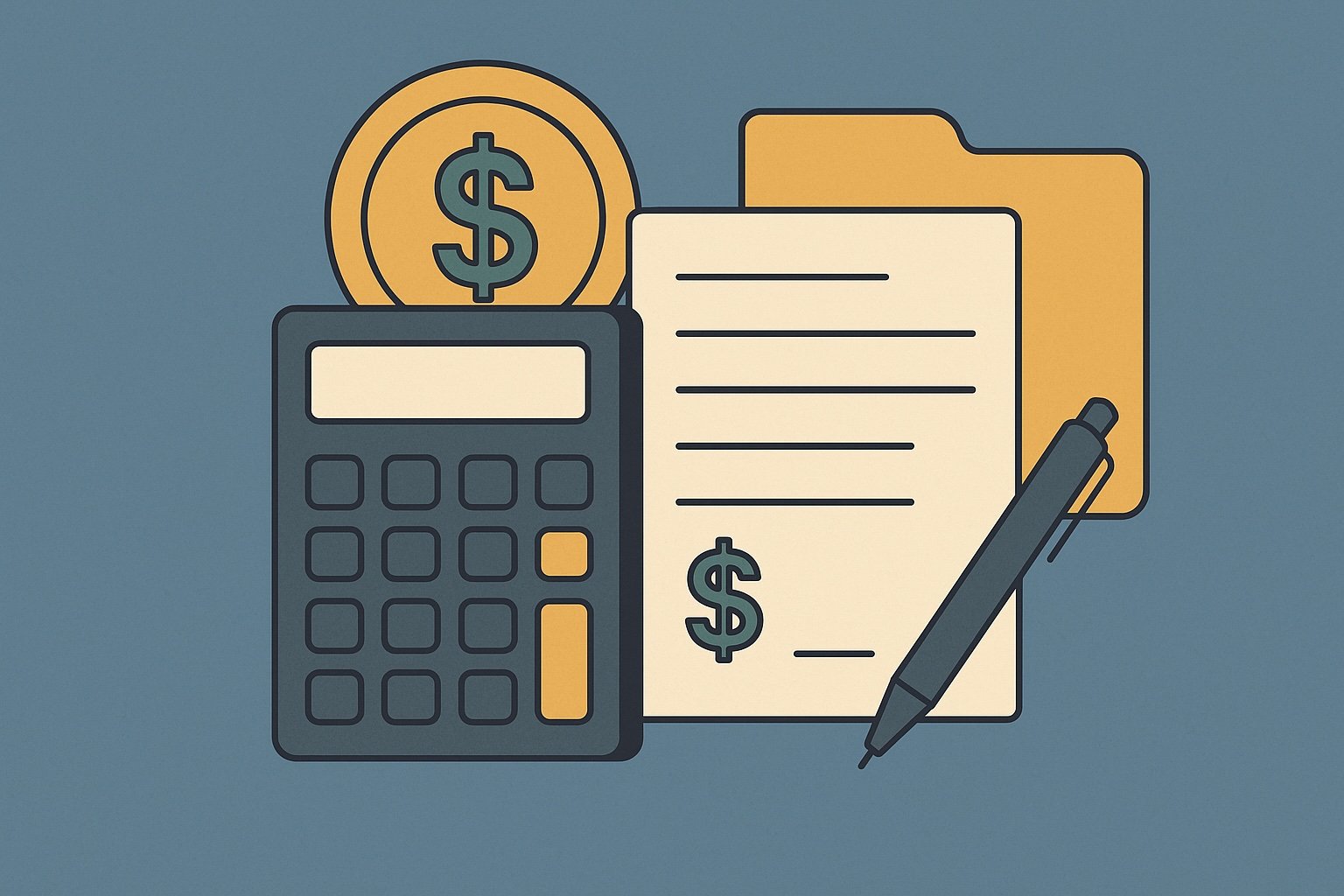Question
ARTE's Answer
Yes, a 1031 exchange can be used for new construction, but it requires careful planning and adherence to specific rules to ensure compliance with IRS regulations. This type of exchange is often referred to as a "build-to-suit" or "construction" exchange. The key is that the replacement property must be of like-kind and must be completed and received within the 180-day exchange period.
Here's how it typically works:
- Use of a Qualified Intermediary: At Deferred.com, we act as your qualified intermediary (QI) to facilitate the exchange. This means we hold the proceeds from the sale of your relinquished property and use them to fund the construction of your new property. This ensures you do not have constructive receipt of the funds, which is crucial for maintaining the tax-deferred status of the exchange.
- Identification and Timing: You must identify the replacement property within 45 days of selling your relinquished property. In the case of new construction, this means identifying the land and the intended improvements. The construction must be completed, and the property must be received by you within 180 days of the sale of the relinquished property or by the due date of your tax return for that year, whichever comes first.
- Title and Ownership: During the construction period, the title to the replacement property is typically held by the QI or an exchange accommodation titleholder (EAT) to ensure compliance with IRS rules. Once the construction is complete, the title is transferred to you.
- Use of Exchange Funds: The funds from the sale of your relinquished property, held by us at Deferred.com, are used to pay for the construction costs. It's important that all exchange funds are reinvested into the new property to avoid any taxable boot.
- Completion of Construction: The improvements must be substantially completed within the 180-day period. This means that the property must be in a condition that it can be used for its intended purpose, even if minor work remains.
Example: Let's say you sell a rental property for $500,000 and want to use a 1031 exchange to construct a new commercial building. You identify a piece of land and plan to build a $500,000 structure on it. At Deferred.com, we act as your QI, holding the $500,000 from your sale. We then use these funds to purchase the land and pay for construction costs. The title to the land and building is held by us or an EAT during construction. Once the building is substantially complete, we transfer the title to you, ensuring the exchange is completed within the 180-day period. This allows you to defer capital gains taxes on the sale of your original property.
Using a 1031 exchange for new construction can be complex, but with careful planning and the right guidance, it can be a powerful tool for real estate investors looking to upgrade or expand their investment portfolio. At Deferred.com, we are here to help you navigate the process and ensure a successful exchange.
Have more questions? Call us at 866-442-1031 or send an email to support@deferred.com to talk with an exchange officer at Deferred.
Sources
- Goolsby v. Commissioner
- Rev. Rul. 2002-83 (Related Party Exchanges)
- TAM 200039005 (Failed Reverse Exchanges)
- Deferring Losses On The Sale of Property Using 1031 Exchanges
- What To Do About Exchange Expenses in a Section 1031 Exchange? (Article)
- Starker v. United States
- 1.1031(k)–1 (IRS Code of Federal Regulations)
1031 Question? Ask ARTE
Deferred's AI 1031 Research Assistant is trained on 8,000+ pages of US tax law and outperforms human CPAs by 22%+
CHAT NOW
Learn More
See more frequently asked questions about 1031 exchanges








